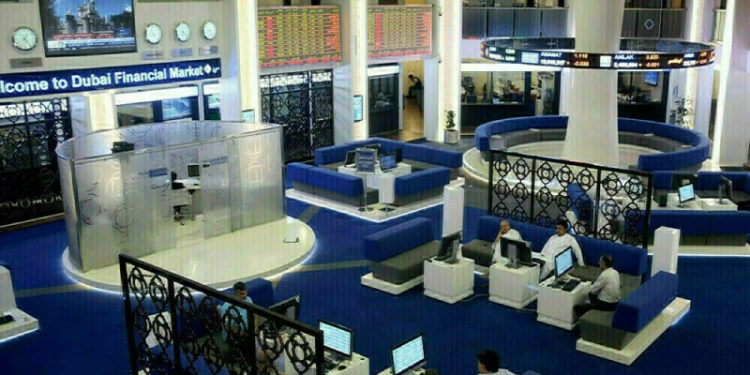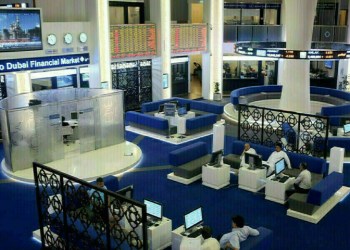 © Bloomberg. Kang Seong-ju Photographer: Jean Chung/Bloomberg
© Bloomberg. Kang Seong-ju Photographer: Jean Chung/Bloomberg(Bloomberg) — South Korea’s state postal service is planning to buy riskier debt in North America and Europe as well as seeking foreign infrastructure assets and properties as it looks abroad for better returns.
Korea Post plans to increase investment in mezzanine and distressed debt by selecting high-performing asset managers, president Kang Seong-ju said in an interview in Seoul. The $112 billion fund is also adding infrastructure and real estate assets abroad and putting more money in hedge funds while reducing investment in stocks, according to Kang.
“We didn’t have to look at such debt last year because stock markets were so good,” Kang said, referring to relatively riskier debt.
Korea Post, which manages savings deposits and sells insurance at its mail offices, joins other conservative institutional investors in Asia increasingly wading into riskier alternative assets as they grapple with low interest rates and lackluster equity returns. While Korea Post’s allocation to those assets is still small, the move means it must manage risks posed by lower liquidity and less publicly available information on such investments.
Korea Post has put $760 million in mezzanine and distressed debt, according to Kang. The fund has also invested about $600 million in U.S. collateralized loan obligations though it doesn’t put money in equity tranches due to high risk. CLOs pool high-yield, high-risk loans and slice them into securities of varying risk and return.
Korea Post’s Kang said he also met with Macquarie Group recently in Australia to boost infrastructure investments. For overseas real estate, the fund is looking to diversify its assets into logistics facilities in the U.S. and Europe.
While Korea Post is reducing equities, the fund still favors some stocks in developed markets including the U.S. and dividend stocks while shunning emerging-market equities, Kang said. The fund increased investment in overseas equities to 4.5 trillion ($4.1 billion) won as of end-June from 3.3 trillion won at end-2017.
“Some people say it’s time to buy some beaten-down stocks in emerging markets, such as Vietnam equities, but we are still cautious about emerging markets due to lingering uncertainties,” he said.
Fusion Media or anyone involved with Fusion Media will not accept any liability for loss or damage as a result of reliance on the information including data, quotes, charts and buy/sell signals contained within this website. Please be fully informed regarding the risks and costs associated with trading the financial markets, it is one of the riskiest investment forms possible.
Source: Investing.com





























